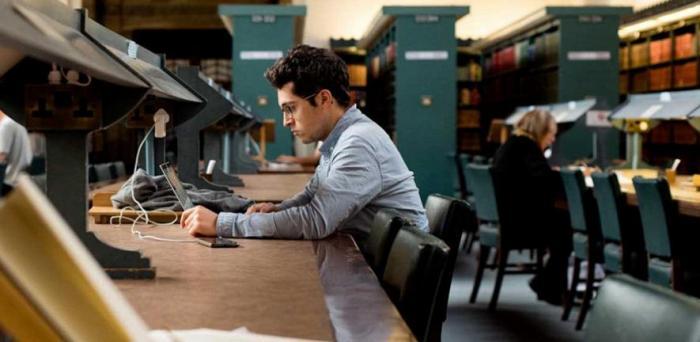The finding comes from a study which began when the UK first went into lockdown in March 2020, forcing universities to move some teaching online. Ten months on, it suggests that academics and students would favour more ‘blended’ learning – a balance between virtual and face-to-face education – even when the pandemic is over.
Many are concerned, however, that some universities will be tempted to take courses fully online – a move they worry would kill off the traditional student experience of living and learning away from home. During the study, participants were asked to describe the most dystopian near-future for university teaching that they could imagine. In terms that sometimes read like a lost script from the science fiction series Black Mirror, they responded with visions of students ‘attending’ Cambridge through VR headsets, while courses are cut up and sold off in highly-marketable, bite-sized components.
Despite this, the research found that many staff and students regard the rapid adoption of new, online learning methods during the pandemic as an opportunity: to make universities more accessible, affordable, and to strengthen their relationships within wider society.
The study was carried out by Simone Eringfeld, a graduate student at the Faculty of Education, University of Cambridge. She said: “The project deliberately asked people to speculate about what might happen to university education, basing their answers on trends that we are already seeing in the sector today. At a time when universities are having to change very quickly, an exercise like this can give us a clearer picture of the kind of university we want to emerge from that transformation, as well as what we don’t want.”
Eringfeld began the study when a planned research project in refugee camps in Uganda was cancelled due to COVID-related travel restrictions. Confined to Cambridge, she decided to research the ‘post-coronial’ future of universities instead. This emerging field of academic enquiry is examining how the changes prompted by COVID-19 might offer an opportunity to re-evaluate what universities are for, to whom they belong and how they can become more inclusive.
Reproduced courtesy of the University of Cambridge
